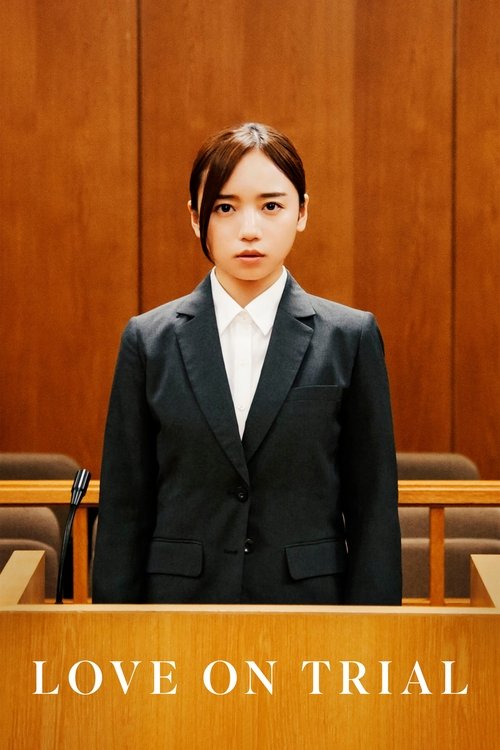Last updated on June 10, 2025
A film by Koji Fukada
With: Yuki Kura, Erika Karata, Kenjiro Tsuda, Kyoko Saito
Mai, a rising J-Pop idol, is finally about to have her big break when she unexpectedly falls in love. But in a treacherous industry where young singers must maintain an image of flawless purity, love is forbidden. When her relationship is exposed, Mai’s agency takes drastic action, dragging the couple to court over the “no love” clause in her contract, throwing her life into chaos.
Our rate: **(*)
Love on Trial follows recent Japanese trends. Like Kore-eda and Ryuzuke Hamagushi, Koji Fukada focuses primarily on creating a confusing storyline. From a lighthearted romance that explores the ruthless world of Japan, to a kawaii love affair, where a young mime with enchanting powers brings a touch of poetic fantasy, the finely written story (a trademark of the Japanese New Wave, and Fukada in particular) gradually shifts towards social drama, which will be put on trial, allowing the director to explore a completely different genre of cinema. The strength of the film lies precisely in the fact that this trial will prove revealing in more ways than one. It will highlight deviant behavior in the face of established rules. It contrasts two attitudes towards injustice and the unacceptable: the first is guided by the temptation to save face and have one’s sentence minimized, while the second, on the contrary, is guided by honor, common sense, and courage, aiming to ensure that justice is done and that the unacceptable is not tolerated, allowed, or silenced. This offers the viewer a double interpretation. On an individual level, it is about being able to continue to dream, to nurture ambitions, and not to have one’s destiny shattered by the system and what it allows. On a social level, the broader example is the fight against fascism, against its insidious mechanisms, what it puts in place under the guise of moralization, security, or some kind of precautionary principle, which constitutes above all a deprivation of liberty, which society calls for of its own accord. Fukada, using an example of deviance observed in Japan, without ever saying so, analyzes the dangers of populism but also of capitalism without safeguards. He analyzes the mechanisms that can link populism, the appetite for gain, and fascist ideas. He also highlights female courage, which he contrasts with male cowardice. Clever and intelligent rather than powerful or perfectly successful.










Be First to Comment